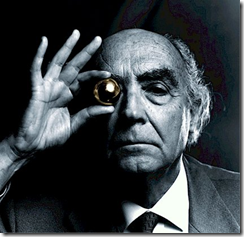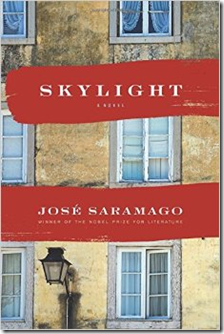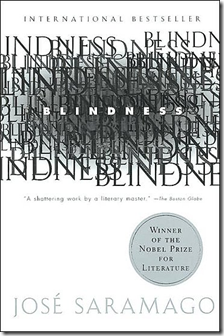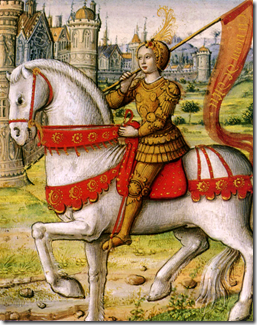Nobel Prize winning novelist José Saramago submitted the manuscript of Skylight – his first – to a Lisbon publisher in 1953. Receiving no response, Saramago gave up fiction altogether. His wife says that her husband fell into a "into a painful, indelible silence that lasted decades."
Saramago returned to fiction in 1977 and would eventually write more than 20 novels before his death.

In 1989, having published three novels, he was at work on a fourth when the publisher to which he had sent Skylight wrote to say that they had rediscovered the manuscript and it would be an honor to print it. Saramago never re-read it and said only that "it would not be published in his lifetime."
His wife published the book in 2014 after his death in 2010.

When I first heard this story, I felt great sympathy for Saramago. A publisher ignores his manuscript, not even bothering to decline the work, and an author loses 25 years that could have been spent writing. By all accounts, his first manuscript was excellent, and the book has received rave reviews, so it’s not as if Saramago needed the 25 years for his talent to germinate. He was already brilliant in 1953.
He simply lost a quarter century of work.
That sympathy for Saramago lasted for about ten seconds, then I was reminded of all the authors I know whose first, second, third, fourth, and even fifth manuscripts were turned down by literary agents and publishing houses. Yes, as far as I know, all of these people at least received some kind of response from the entities that received their work, but still, I know authors who struggled for decades with rejections before finally breaking through.
Saramago was ignored once and decided to quit. He took his toys and went home.
My second reaction was decidedly less sympathetic.
I’ve read four of Saramago’s books, including Blindness, which won the Nobel Prize in Literature and caused my wife to weep for a week while reading it. I’m not much of a fan of his work. I think he was an exceptionally talented writer, and I have enjoyed his stories a great deal, but Saramago forgoes the use of chapters and paragraphs almost completely in his books. His sentences can run on for more than a page. He goes pages and pages without the use of a period, preferring instead to use commas. He doesn’t use quotations marks to delineate dialogue. In Blindness, he stopped using proper nouns completely. I can’t stand any of it. I think it demonstrates a complete disregard for the reader and an unnecessary barrier to his stories.

Still, a small part of my wishes I could reach through time and tell him to strengthen his resolve and try again rather than waiting for 25 years before writing again. I want to hug him and tell him that it will be alright.
Another part of my wants to smack him for acting like such a fool and not having the courage to stand up and demand acknowledgement.
Ironically, my friend, who has read Skylight, reports that Saramago was not using long sentences when he wrote it in 1953. Perhaps if he had found success with the book, he would’ve continued to write more conventionally and found a wider audience.




